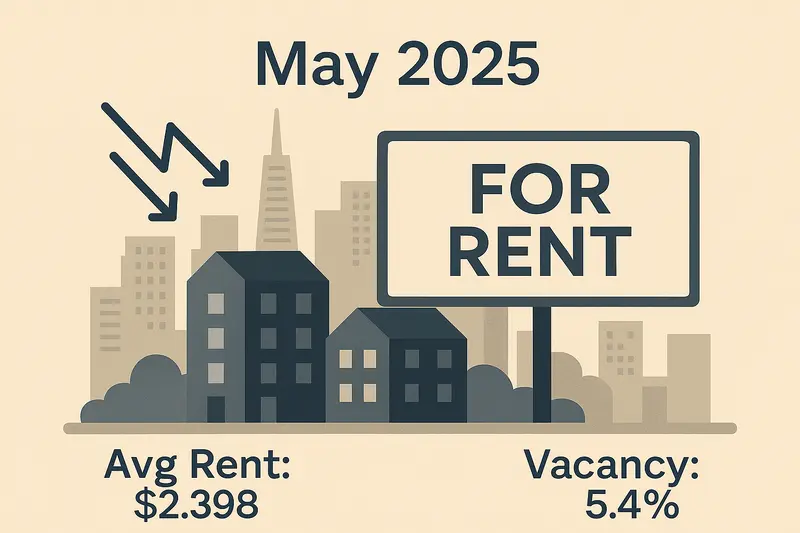Why a Subordination Agreement Can Change Your Mortgage Priority
Question
Answer
A subordination agreement reshuffles the order of liens on a property, ensuring lenders’ interests align with your financing goals. When you refinance, take out a home equity loan, or secure a construction mortgage, subordination keeps your primary mortgage in first place.
In practice, a subordination agreement is a legal document signed by your current lender (often the first mortgage holder) agreeing to keep its lien behind a new loan’s lien. Without this, the new lender may refuse to fund, fearing secondary status—especially in states where lien priority strictly follows recording date.
Here are typical scenarios where borrowers need a subordination agreement:
- Refinancing your first mortgage while keeping an existing HELOC or second mortgage intact.
- Home equity loans or lines of credit opened after your primary mortgage.
- Construction loans for major renovations that require temporary senior lien status.
- Bridge financing when buying a new property before selling the current one.
The process usually involves:
- Submitting a request to your primary lender.
- Paying a fee (commonly $100–$500).
- Waiting 1–4 weeks for review, approval, and recording at the county recorder’s office.
Keep in mind:
- A lender may decline if your account is delinquent or if the loan-to-value ratio exceeds their policy limits.
- The recorded agreement must reference both mortgages’ legal descriptions and recording details.
- Errors in the document can delay closing—buyers are recommended to verify all dates and signatures.
Recording the subordination agreement keeps title insurance intact by preserving lien priority. Many title companies and closing agents handle the paperwork as part of your closing package. For more details on lien recording and priority rules, see the HUD guidelines or consult resources from the National Association of Realtors.
Before finalizing any loan or lien change, it’s advisable to consult a licensed attorney or your title company. They can confirm your documents comply with state and county requirements and protect your priority position in case of default.


